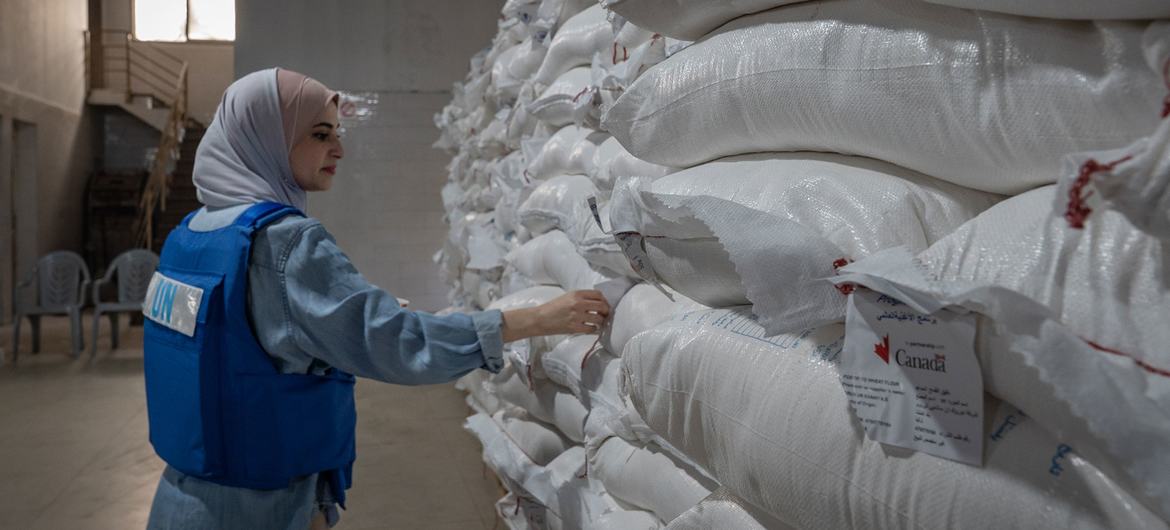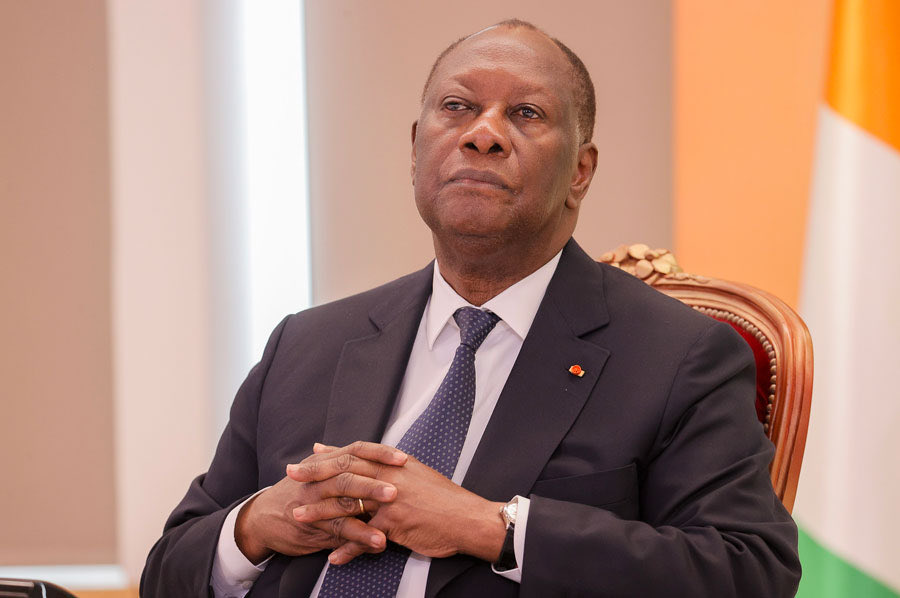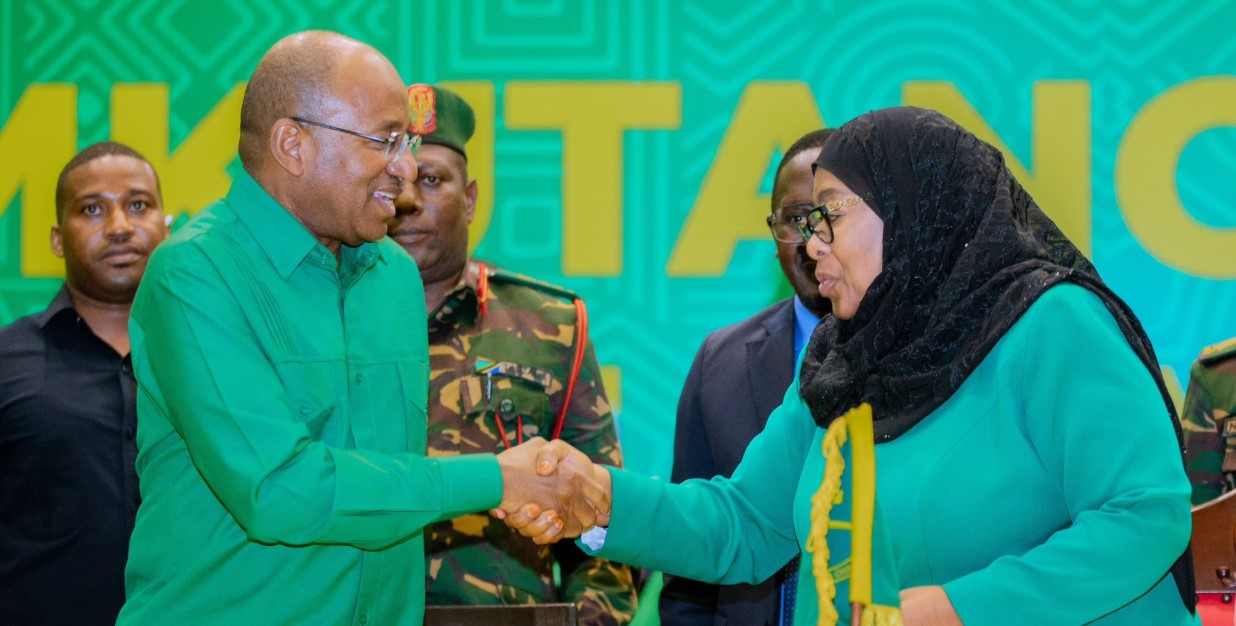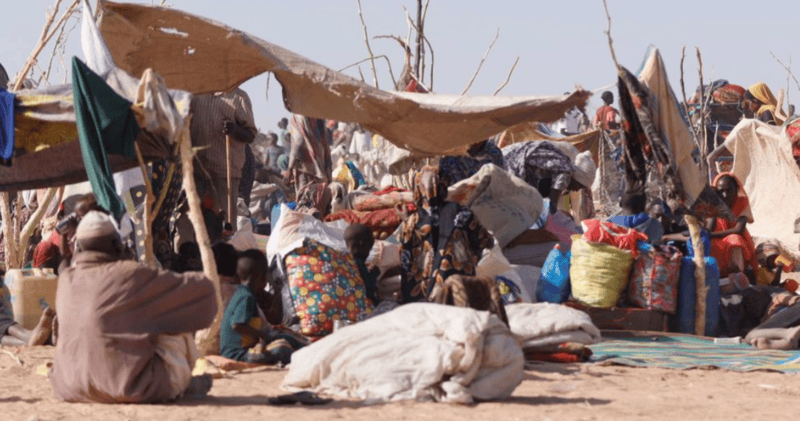Calls for gender equality as Mandera marks International Women's Day
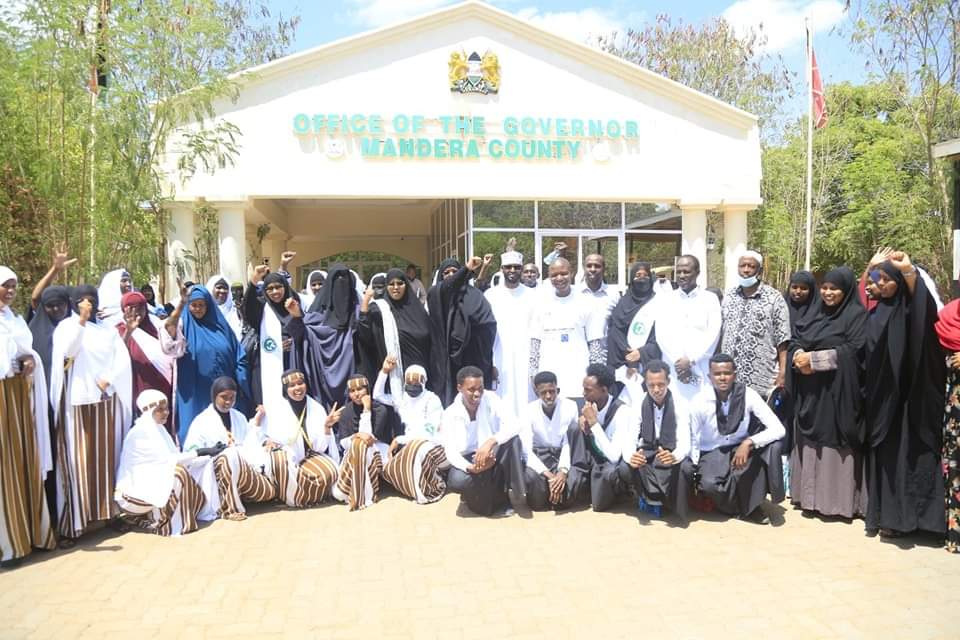
Cultural perspectives hold significant importance in Cushitic society, cherished by both young and old alike.
These traditions, meticulously practised for generations, include distinct divisions of labor and responsibilities between men and women, and these formed part of the talks on the International Women's Day celebrated in Mandera.
More To Read
- President Hassan Sheikh Mohamud hails Somali women’s role in nation-building
- UNHCR warns of growing dangers for displaced women amid funding crisis
- Women struggle for a better future amid economic hardships
- International Women’s Day: African women redefining football on and off the pitch
- International Women’s Day: How femicide threatens women’s gains in Kenya
- Kenya strides towards gender parity with notable gains in women's inclusion
Women typically fulfil essential roles in domestic activities, childcare, and sometimes economic endeavors, while men often focus on tasks outside the home, such as herding or hunting.
Mohamed Hussein, an elder from Mandera Town, provides insight into these roles. "At dawn, I venture out in search of sustenance, while my daughters and wife maintain order within the household."
He says this cultural norm is deeply ingrained within Somali culture, where women play pivotal roles in various aspects of society, including family, economy, education, and politics.
Asli Maalim, another resident, exemplifies this by running a successful kiosk for the past five years, contributing significantly to the local economy. "This is where I earn my income, providing for my children and their education," she says.
The residents say, despite these contributions, traditional gender roles sometimes relegate Somali women to subordinate positions compared to men. This inequality may result in limited access to education and employment, restricted involvement in decision-making, and unequal treatment within families.
However, cultural attitudes are evolving, with ongoing efforts to challenge these perceptions. Many Somali women actively advocate for women's rights, challenging norms such as early marriage and female genital mutilation as highlighted on the International Women's Day.
Women from Mandera East, alongside various stakeholders, participated in events addressing women's empowerment and gender-based violence.
County officials, led by chief officer for women empowerment Farhiya Ali, emphasized the importance of society's involvement in empowering women, particularly economically, for their self-sufficiency.
"Empowering women economically is crucial for their self-sufficiency in society," said Farhiya.
Top Stories Today



